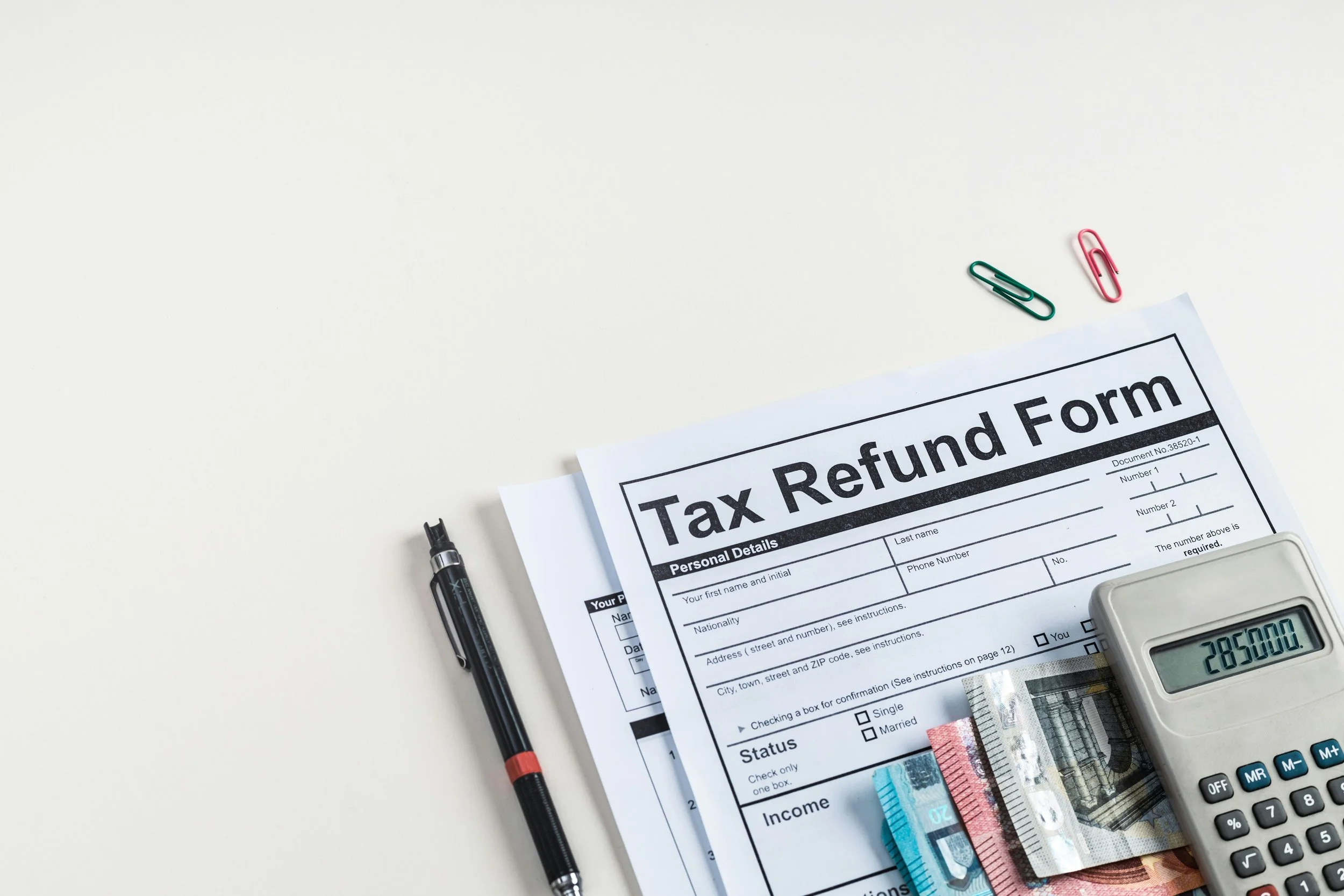Navigating Taxes: What Every Business Owner Should Know
Tax season can be overwhelming for business owners, but it’s also an opportunity to maximize deductions and reduce overall tax liability. By understanding the rules and staying compliant, you can make the most of these savings without risking penalties or audits. In this guide, we’ll break down the essentials to help you navigate tax deductions effectively.
What Are Tax Deductions?
Tax deductions are expenses that can be subtracted from your taxable income, reducing the amount of taxes you owe. Common deductions include office supplies, equipment, business travel, and even some entertainment expenses. However, it’s crucial to understand the eligibility criteria and recordkeeping requirements.
Maximizing Your Deductions: Tips and Tricks
Track Every Business Expense
Keep detailed records of all expenses related to running your business. Use accounting software or apps to organize receipts and invoices.Know Your Deductible Expenses
Common deductible expenses include:
- Office rent
- Utilities and internet
- Employee salaries and benefits
- Marketing and advertising costs
- Professional fees (legal, accounting)
Research specific deductions that apply to your industry to ensure you’re not missing out.Take Advantage of Depreciation
If you purchase equipment or assets for your business, you may be able to claim depreciation over several years. Understanding depreciation rules can lead to significant savings.Understand Home Office Deduction
If you operate your business from home, you may qualify for a home office deduction. To comply, ensure the workspace is exclusively used for business.Leverage Tax Credits
Tax credits directly reduce the amount of taxes owed and can be even more valuable than deductions. Examples include research and development credits or energy-efficient upgrades.
Staying Compliant
While deductions can help you save, it’s essential to follow these steps to stay compliant:
Separate Business and Personal Expenses
Avoid mixing personal expenses with business expenses. This helps maintain accurate financial records and simplifies tax filing.
Document Everything
Keep receipts, invoices, and records of transactions to back up your deductions. In the case of an audit, well-documented expenses are invaluable.Work with an Expert
Partnering with a tax professional or accountant ensures you’re taking full advantage of deductions while staying within IRS guidelines.
CONCLUSION
Navigating tax deductions doesn’t have to be daunting. By proactively managing expenses, leveraging deductions, and staying organized, business owners can reduce their tax liability while remaining compliant with tax laws. Remember, investing time in understanding tax deductions can lead to significant financial benefits for your business.

